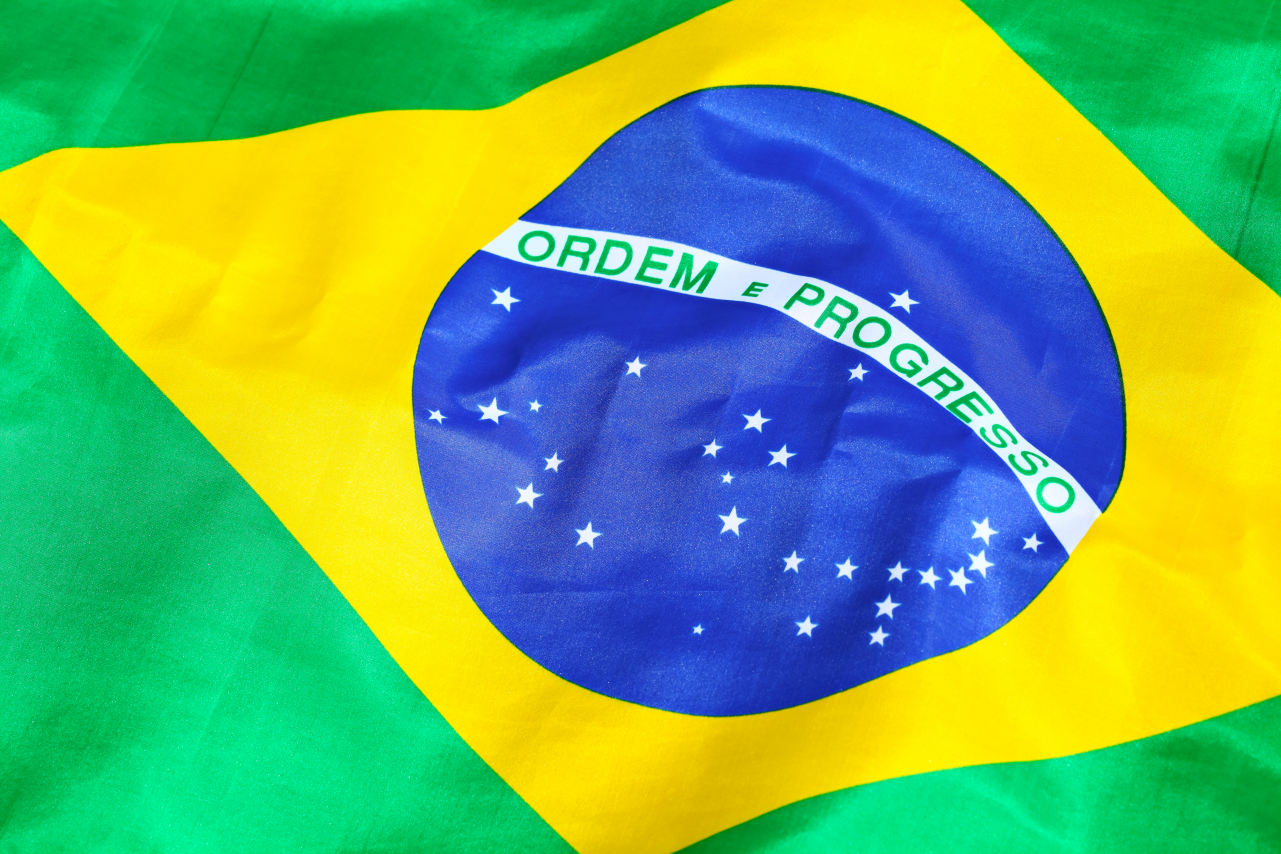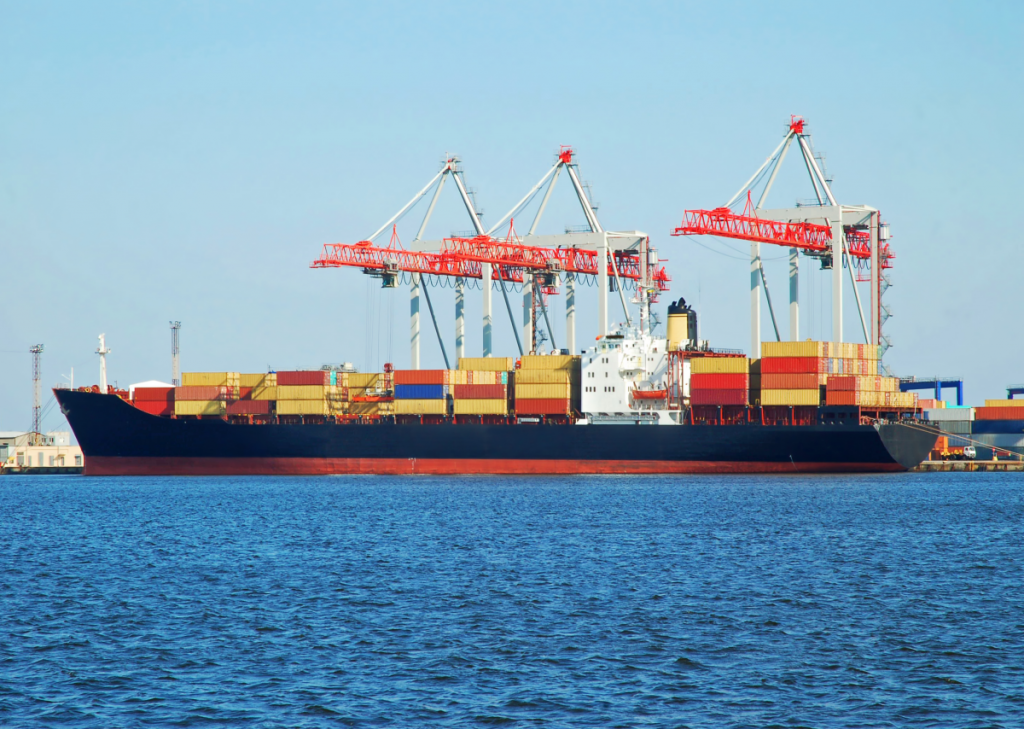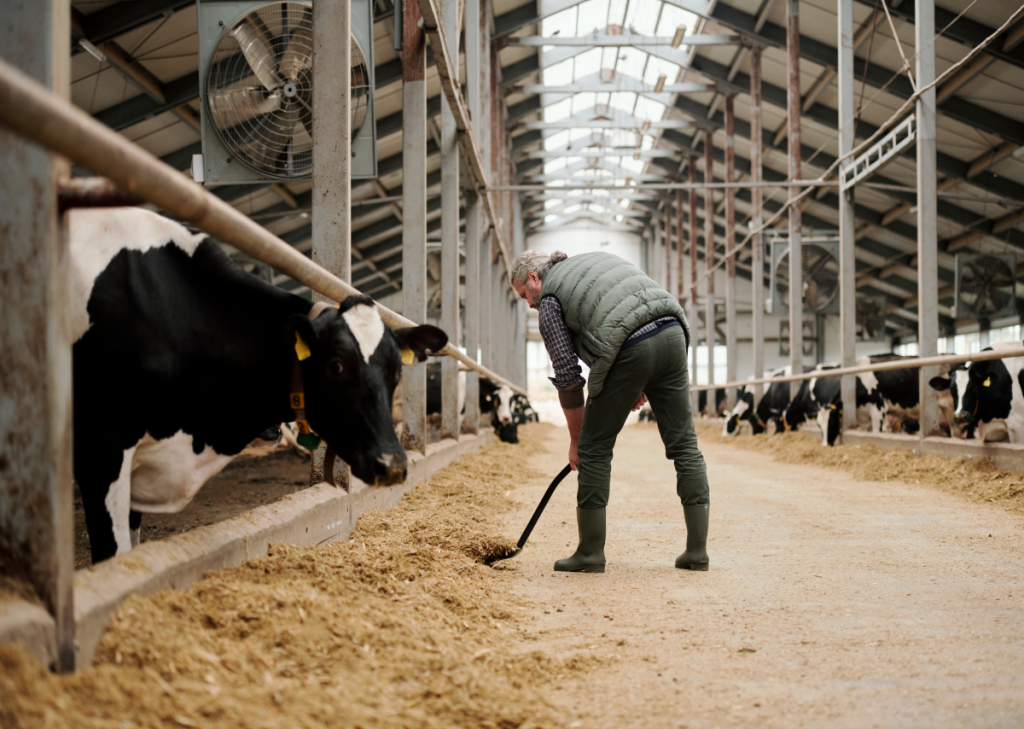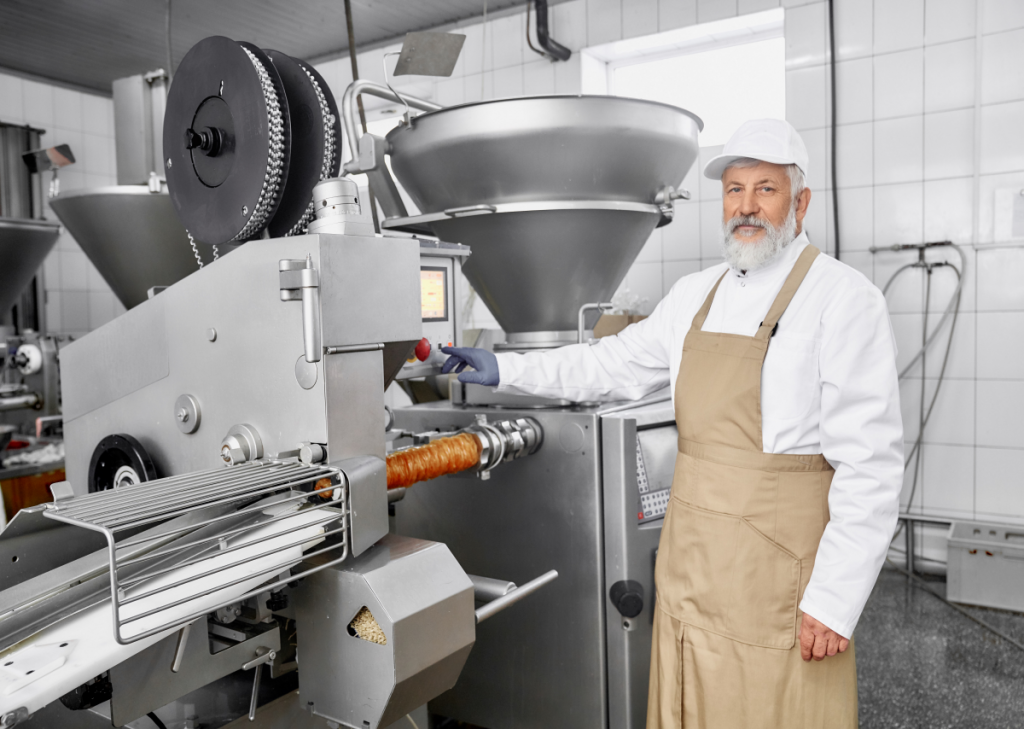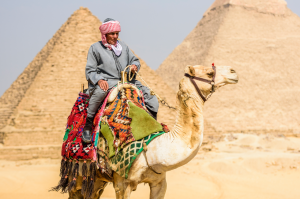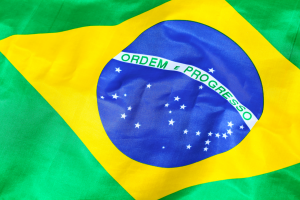Brazilian beef exports to the United Arab Emirates increased 439.84%, making the country the largest world exporter (20% of global exports) and the second largest producer, besides having one of the largest and most sustainable cattle herds in the world.
The country entered the list of the largest exporters of beef in the world in 2020, leading the ranking. Its second largest importer of the national protein was Egypt.
The quantity exported to the United Arab Emirates reached almost 60,000 tons, placing the Middle East as an important buyer of our meat.
Healthy quality of cattle
Besides the low production cost resulting from the competitiveness that Brazil enjoys, the characteristics of the Brazilian herd are considered the best.
Brazilian livestock farming has benefited immensely from the technological advances of the last decades, both in pasture management and diversification, as well as in animal breeding and genetic selection.
Brazilian cattle enjoy good nutrition thanks to the wide availability of open pastures and locally produced grains. The different breeds of cattle have been carefully selected, crossbred and thrive in the local tropical conditions.
Excellent health care, such as regular vaccination and parasite control, is essential. Brazil has eradicated foot-and-mouth disease (FMD), with the last case in Brazil being reported in 2006. The result is health security and high-quality hormone-free beef exported to 135 countries around the globe.
The conformity is regularly checked by independent inspectors using live data, geographical coordinates, photos, videos and audios, as well as 24-hour self-monitoring. More than 4,700 local agricultural health offices are responsible for regularly updating farm records, proper documentation and timely vaccination, ensuring that meat meets the requirements to be exported.
Sustainable beef production
Thanks to its focus on innovation and efficiency, Brazil has been able to expand meat production massively while reducing the land area used for cattle grazing.
But this efficiency was not achieved at the cost of implementing intensive indoor farming practices - Brazilian cattle typically grazed outdoors all year round until a few months before slaughter, and almost 90% of all Brazilian beef is grass-fed.
Natural fertilisation of livestock brings more nutrients to the ground which improves the quality of pastures and the nutrition of animals. Farmers can also use parts of the land for forestry, which creates better thermal comfort for the animals, improving their welfare. By 2030, Brazil will extend the ICLF system to a total of 16.5 million hectares of farmland.
The Halal certificate issue played an important role in increasing the volume of Arab demand. We are qualified to export Halal meat, and this contributes to strengthening the approximation with Arab countries due to the standards established.

